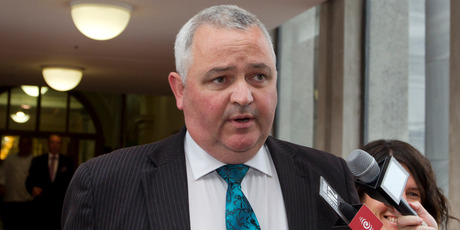By Ali Al-Bassam
Impunity Watch Reporter, Middle East
DAMASCUS, Syria — Last Monday, investigators working in part with the UN Human Rights Council released a report for the UN Security Council, providing a list of names of the people who they suspect of committing war crimes in Syria. Investigators said that their latest report was based on 445 interviews with victims and witnesses abroad.

The list gives the names of people who carried out orders, and also, the names of those who gave them. Investigators urged the Security Council to ensure accountability, requesting that those suspected of war crimes be brought in front of the International Criminal Court (ICC) in the Hague. Investigators said that the violations included murder and torture, which were committed by both government and rebel forces since the conflict, that claimed the lives of 70,000 people, began in March, 2011.
Investigators claimed that government forces carried out shelling and bombardment across Syrian cities and villages such as Aleppo, Damascus, Deraa, Homs, and Idib, citing recent satellite pictures of the region as evidence. The report itself stated that “government forces and affiliated militias have committed extra-judicial executions, breaching international human rights law. This conduct also constitutes the war crime of murder.” UN Investigators say that government forces targeted “queues at bakeries and funeral processions, in violence aimed at ‘spreading terror among the civilian population,’ and used cluster bombs.”
The report also claims that rebel forces committed war crimes in their fight against President Bashar al-Assad’s forces. The charges include murder, torture, hostage-taking, and using children under the age fifteen in hostilities. “They continue to endanger the civilian population by positioning military objectives inside civilian areas,” the report said. Investigators also said that rebel snipers had added many additional civilian casualties.
The report noted that when compared to violations committed by government forces, war crimes perpetrated by rebel forces did not amount to the same intensity and scale.
UN Prosecutor Carla del Ponte, and a member of a UN-mandated commission of inquiry on the Syria conflict, emphasized the necessity of taking alleged war criminals to the ICC. “The international community – and the UN Security Council – must take the decision to refer this to justice,” said del Ponte. She said it was highly urgent for the ICC to hold hearings against “very high officials,” but did not identify them, since anonymity is part of the inquiry’s practice. Acknowledging that they are not requiring the ICC to get involved, del Ponte, speaking on behalf of UN investigators, said “[w]e suggest the International Criminal Court. We can’t decide, but we are pressuring the international community to act, because it’s time to act.”
For further information, please see:
Al Arabiya — U.N. Lists Syria War Crime Suspects in ‘Leadership Positions’ — 18 February 2013
Al Jazeera — UN: Both Sides Committing War Crimes in Syria — 18 February 2013
The Daily Star — Time to Refer Syrian War Crimes to ICC, UN Inquiry Says — 18 February 2013
Global Post — Syria War Crimes Suspects on Both Sides of Conflict, says UN — 18 February 2013



